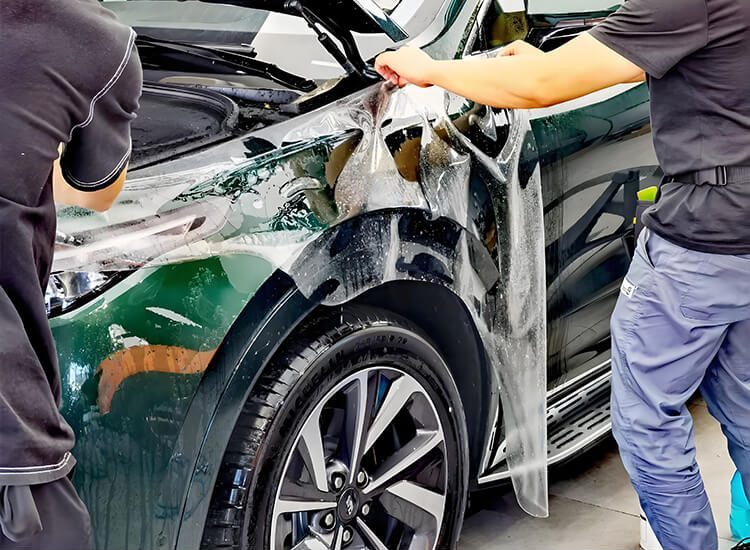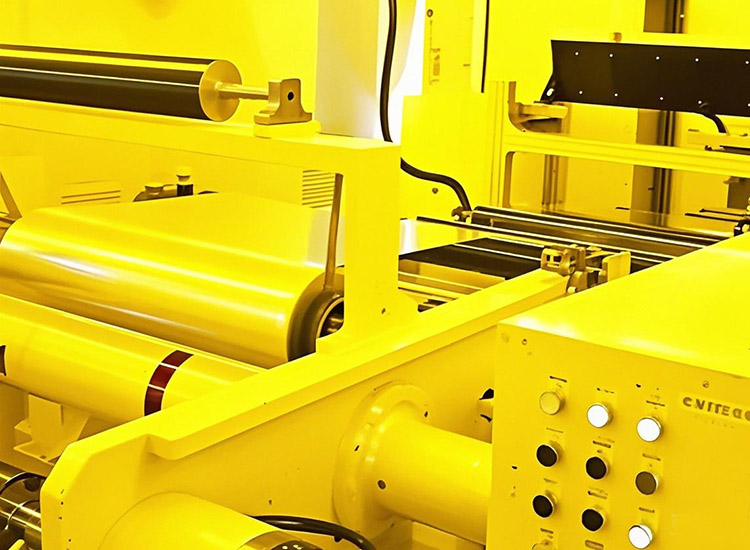Clear Paint Protection Film vs Vinyl Wrap: What’s Best for Your Car
Car enthusiasts often wonder whether clear paint protection film vs vinyl wrap is the smarter choice to protect or restyle their vehicles. Both have unique advantages, but they serve very different purposes. While one is designed for durability and protection, the other focuses on style and customization. Understanding these differences helps car owners make better investment decisions and avoid costly repainting or maintenance in the future.
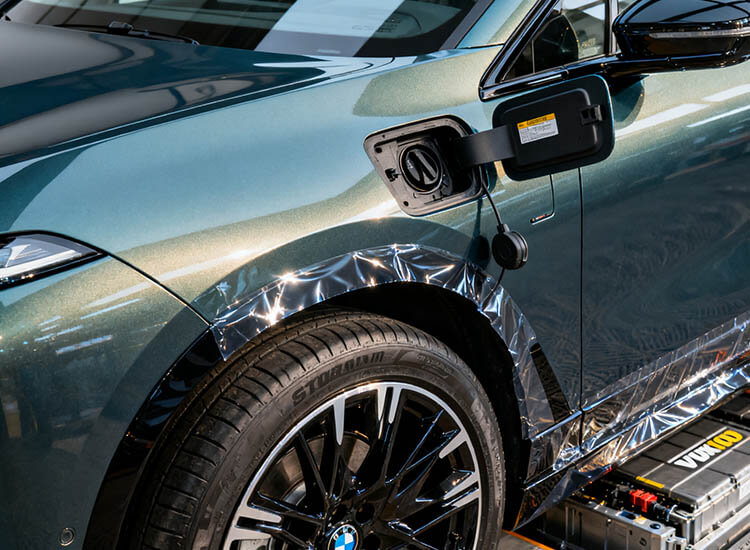
What Is Clear Paint Protection Film?
Clear Paint Protection Film (PPF) is a transparent, self-healing polyurethane layer that shields your car’s paint from rock chips, scratches, UV damage, and contaminants. It’s often referred to as invisible paint protection film, as it preserves the original paint color while offering a tough barrier against external harm. High-quality films, such as 8.5mil Clear Paint Protection Film, provide superior protection without affecting the car’s glossy finish or color tone.
PPF is ideal for car owners who prioritize long-term protection, especially for luxury or new vehicles. If you’re curious about the total film coverage required for your model, refer to this helpful guide: PPF Usage Volume.
What Is Vinyl Wrap?
Vinyl wrap, on the other hand, is primarily aesthetic. It’s a thin PVC layer applied to the car’s surface to change its color, finish, or texture—such as matte, gloss, or chrome. While vinyl wrap can protect against minor scratches and sun fading, it doesn’t offer the same level of protection as paint protection film vs car wrap.
Vinyl wraps are popular among those who love customization and affordability, providing a temporary look that can be easily replaced when desired.
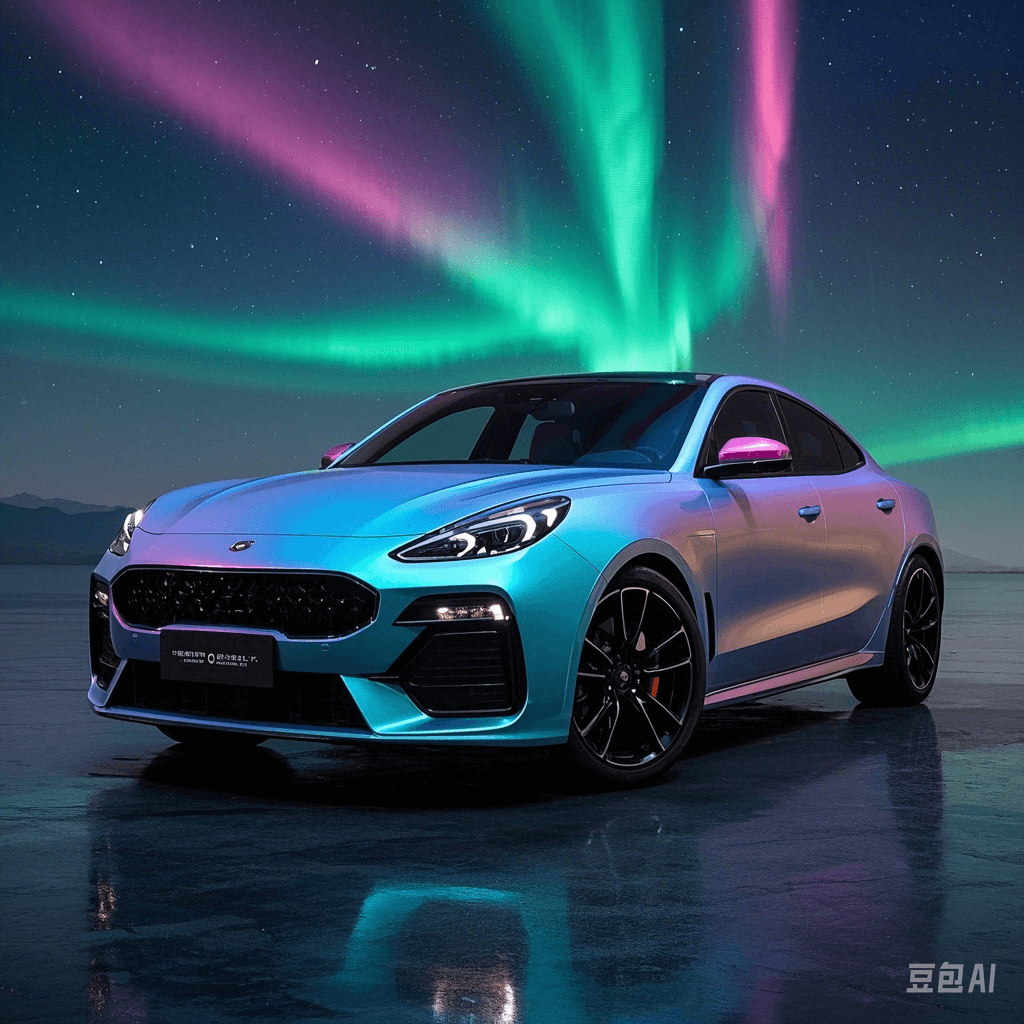
Key Differences Between Clear Paint Protection Film and Vinyl Wrap
The difference between clear paint protection film and vinyl wrap lies in their purpose, thickness, and longevity.
| Feature | Clear Paint Protection Film (PPF) | Vinyl Wrap |
|---|---|---|
| Thickness | 6–10 mils | 2–4 mils |
| Material | TPU/PU (self-healing) | PVC |
| Protection Level | High (rocks, chips, scratches) | Low (minor abrasions) |
| Finish | Transparent / Gloss / Matte | Wide color and texture options |
| Lifespan | 5–10 years | 2–5 years |
| Maintenance | Easy / Self-healing | Requires regular care |
| Removal | Clean, no residue | May peel or damage paint |
For a deeper dive into the market’s best-performing options, explore Best Clear Paint Protection Film Brands Reviewed to compare real-world performance and durability.
Cost Comparison: Partial and Full Installation
The cost of clear paint protection film vs vinyl wrap varies depending on coverage area, vehicle type, and film brand. Below is an estimated breakdown for both options:
| Installation Area | Clear Paint Protection Film | Vinyl Wrap |
|---|---|---|
| Front Bumper Only | $400–$800 | $200–$400 |
| Hood & Mirrors | $700–$1,200 | $300–$600 |
| Partial Front (bumper, hood, fenders, mirrors) | $1,200–$1,800 | $600–$900 |
| Full Car | $3,000–$7,000 | $1,500–$3,000 |
For specific regional pricing insights, you can check Clear Paint Protection Film Cost, which outlines how thickness, material, and installation skill affect total expense.
Which Lasts Longer: PPF or Vinyl Wrap?
When comparing which lasts longer, PPF or vinyl wrap, the answer is clear—PPF outperforms vinyl by several years. PPF’s self-healing ability means that light scratches disappear under heat, maintaining its clarity for up to a decade. In contrast, vinyl wrap tends to fade, peel, or crack over time, especially when exposed to strong sunlight.
Durability and Maintenance
PPF is built to withstand harsh conditions, including rock chips, salt, and debris. Its durability and self-healing properties make it the perfect solution for drivers who want to keep their car looking new. Vinyl wrap, while cheaper, requires more maintenance and doesn’t offer true paint protection.
If you’re unsure which product suits your car’s needs best, it’s helpful to explore professional insights such as Top 10 Car PPF Brands for quality and reliability comparisons.
Which Is Better for Your Car Type?
For new cars, PPF is highly recommended because it helps preserve factory paint and resale value. For older vehicles or those used for short-term lease or display, vinyl wrap can be a cost-effective choice to refresh the car’s appearance. Luxury vehicles benefit most from transparent PPF vs vinyl wrap, as the protection justifies the investment.
Pros and Cons Summary
Pros of PPF:
- Long-lasting protection against physical and UV damage
- Self-healing technology keeps surface smooth
- Maintains original car color and gloss
Cons of PPF:
- Higher upfront cost
- Requires professional installation
Pros of Vinyl Wrap:
- Affordable and customizable
- Easy to remove and restyle
Cons of Vinyl Wrap:
- Limited durability
- Offers minimal paint protection
If you’re comparing options for a Tesla or high-end vehicle, consider reading 8.5mil Clear Paint Protection Film for advanced insights into film thickness and performance benefits.
Finally: Which Is the Best Option?
When evaluating clear PPF vs vinyl wrap, think about your car goals. If protection and long-term value are your priorities, PPF is the clear winner. If you prefer a budget-friendly, temporary style change, vinyl wrap works fine. For optimal protection, many car enthusiasts even combine both—applying PPF underneath and vinyl wrap on top for color customization.
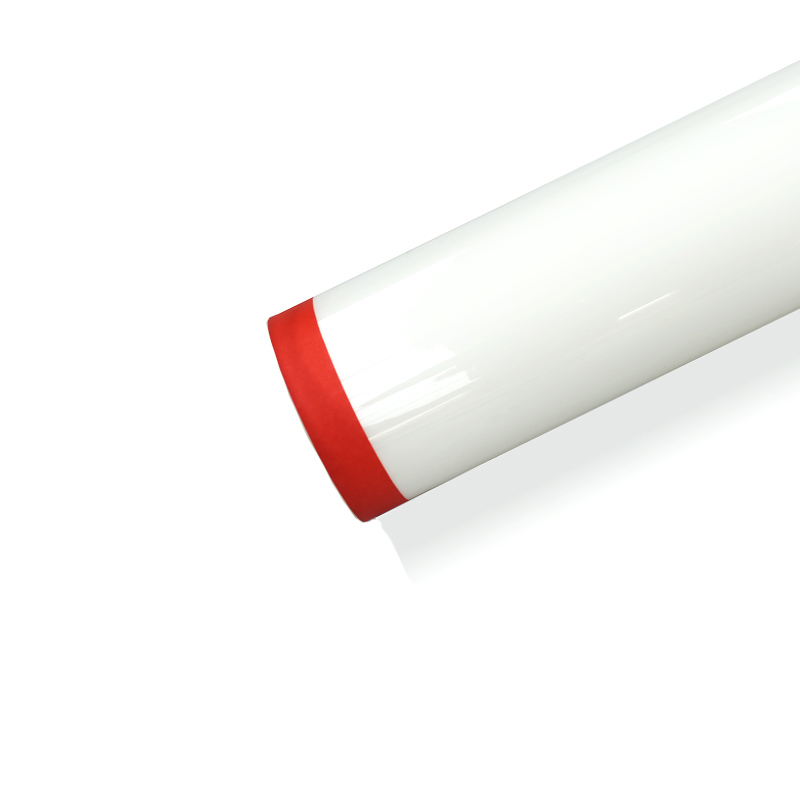
PreproPPF Clear Bar PR-Q02
Get premium protection with PR-Q02, 5×50 ft, door-to-door free shipping worldwide.
PreproPPF Direct Deal – Free Shipping to the United States
Looking for premium clear paint protection film at factory prices? PreproPPF offers direct factory sales with global door-to-door free shipping. Enjoy top-tier TPU film performance, easy installation, and unbeatable durability—delivered straight from the factory to your garage, anywhere in the USA.
FAQs
1. Is clear paint protection film better than vinyl wrap?
Yes, PPF provides stronger protection against scratches, chips, and UV rays, while vinyl wrap focuses more on appearance and customization.
2. How long does clear paint protection film last compared to vinyl wrap?
PPF typically lasts 5–10 years with minimal maintenance, while vinyl wrap usually lasts 2–5 years depending on care and exposure.
3. Can I install vinyl wrap over paint protection film?
Yes, but it’s not always recommended. Installing vinyl over PPF can affect the film’s self-healing ability and make removal tricky later.

